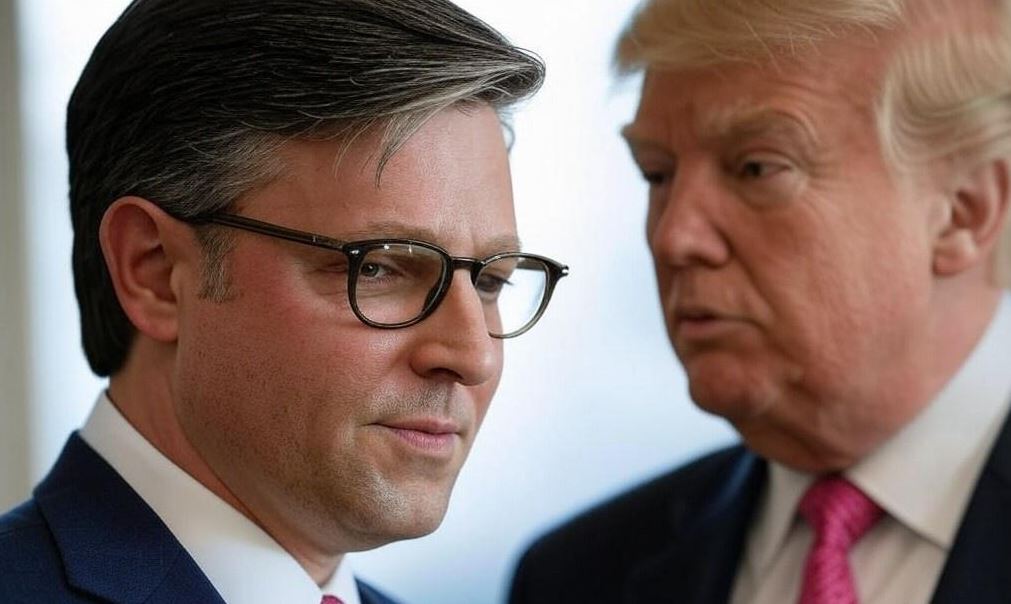Washington, D.C. - Speaker of the House Mike Johnson (R-LA) is navigating turbulent waters as his leadership faces robust support from former President Donald Trump and significant dissent within the Republican ranks. Despite Trump's vocal endorsement, Johnson's position as Speaker is anything but secure, highlighting the fractures within the GOP as they approach critical legislative battles.
In a recent statement, Trump unequivocally endorsed Johnson, describing him as "a good, hard-working, religious man" and asserting that Johnson "will do the right thing, and we will continue to WIN." This endorsement is pivotal when the GOP is poised to take unified government control, with Trump's return to the White House looming in January 2025. Johnson himself expressed gratitude for Trump's support, emphasizing their commitment to an "America First agenda."
However, not all within the party are on board. Representative Thomas Massie (R-KY) has publicly declared his opposition to Johnson's speakership, criticizing his handling of government funding and policy decisions. This dissent is echoed by conservative commentator Nick Sortor, who has expressed frustration over Johnson's perceived failures, particularly regarding the debt ceiling suspension in the recent budget bill, which he believes could disadvantage Trump's administration from the outset.
The internal critique has been sharp, with some GOP members feeling Johnson lacks the decisiveness needed to lead effectively. Trump's criticisms underscored this sentiment when he suggested that Johnson would "easily remain speaker" only if he acted "decisively and tough" on legislative matters like the spending bill.
Contrasting this discord, there are those within the party throwing their weight behind Johnson. Senator Bill Cassidy (R-LA) has been among those offering support, perhaps signaling a more moderate wing's backing, which could be crucial in stabilizing Johnson's speakership. This duality of support and dissent paints a complex picture of Johnson's leadership, with his ability to unify the party under scrutiny.
The stakes are high, with the upcoming speakership vote scheduled for early January. Johnson's slim majority means he can afford very few defections. The GOP's narrow control of the House necessitates near-unanimous backing from party members for Johnson to retain his role, especially with no expected support from Democrats.
Moreover, the political landscape is further complicated by the need to certify Trump's election victory on January 6. This constitutional duty could be delayed without a Speaker in place, potentially leading to a constitutional crisis or a significant delay in the legislative agenda.
As Johnson works to mend internal rifts, his allies urge Trump to intervene more directly, hoping his influence can sway the undecided or dissenting members. This call for Trump's involvement underscores the reliance on his political capital to manage party unity, particularly when the GOP's agenda is set to clash with Democratic opposition in Congress.
In conclusion, Mike Johnson's speakership remains a focal point of political maneuvering within the Republican Party. With Trump's endorsement providing a semblance of stability, the real test will be in the coming weeks as Johnson faces the challenge of uniting his party amidst dissent and navigating the legislative priorities of a new administration. The outcome of these dynamics will shape Johnson's political future and the operational effectiveness of the Republican-led House in the new term.







